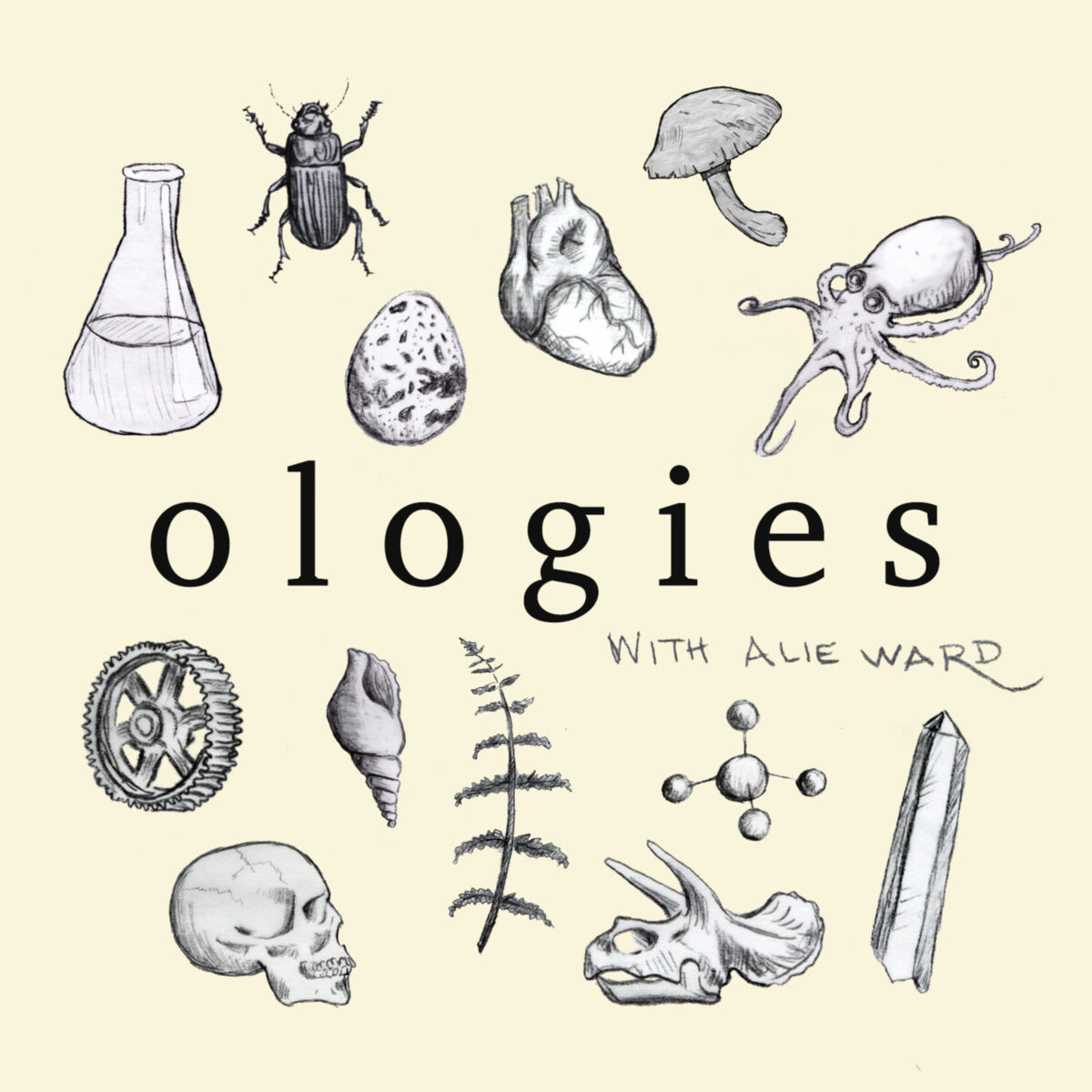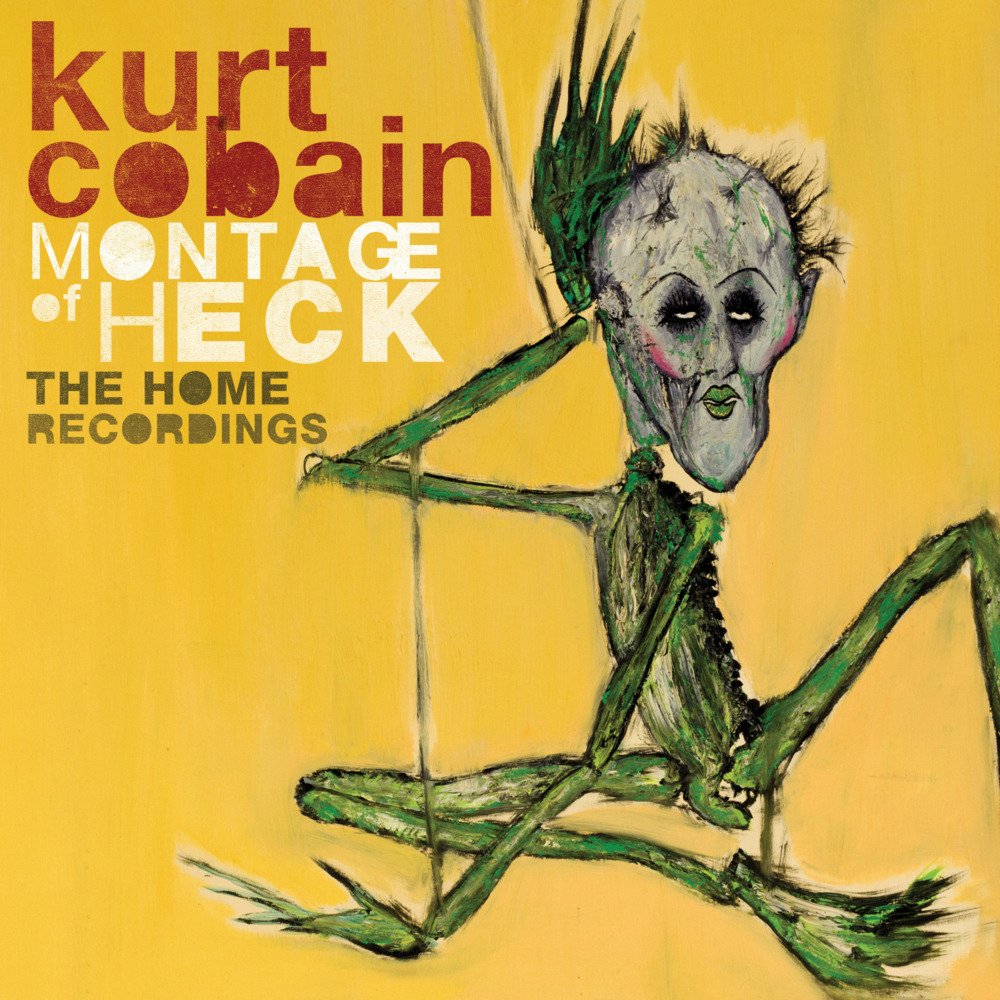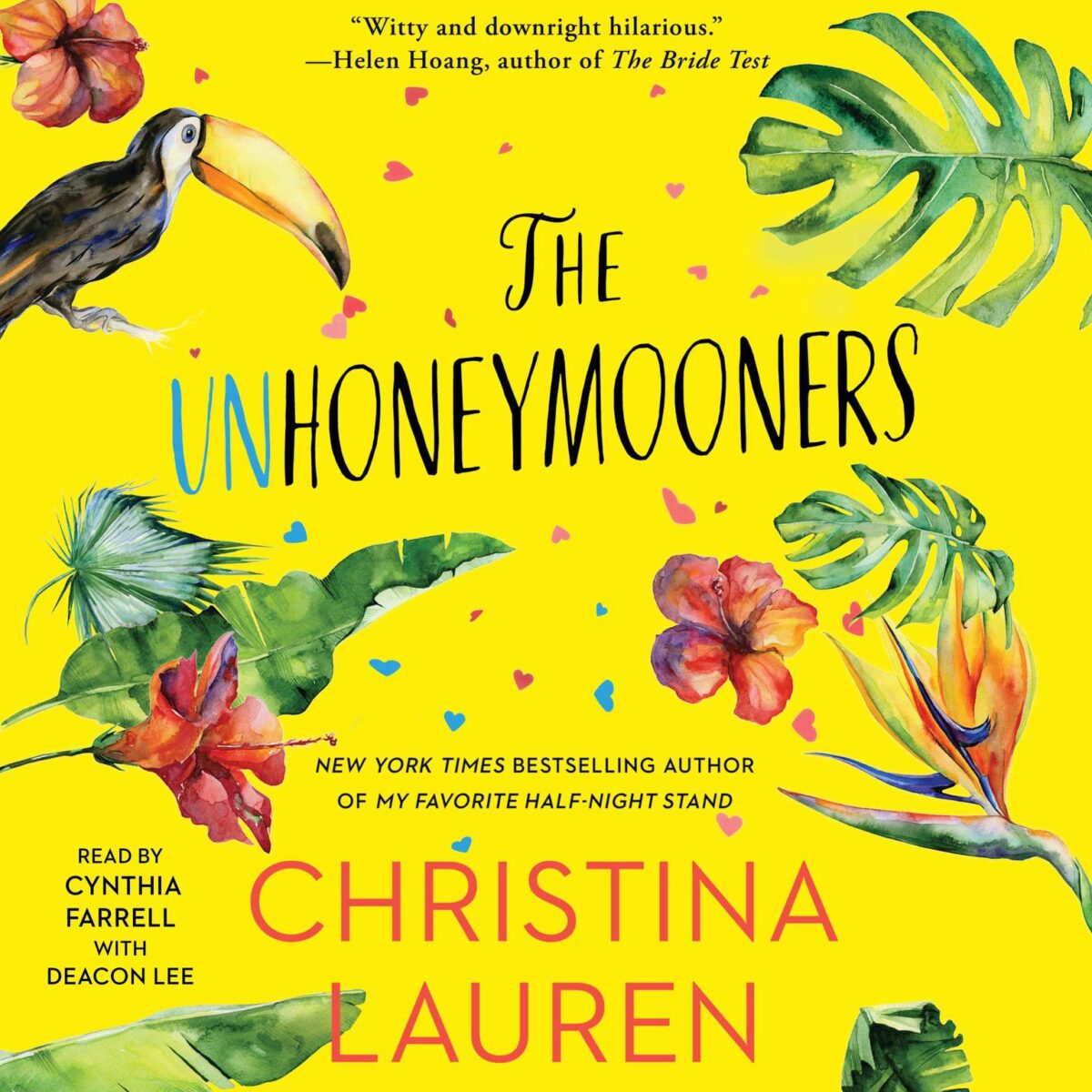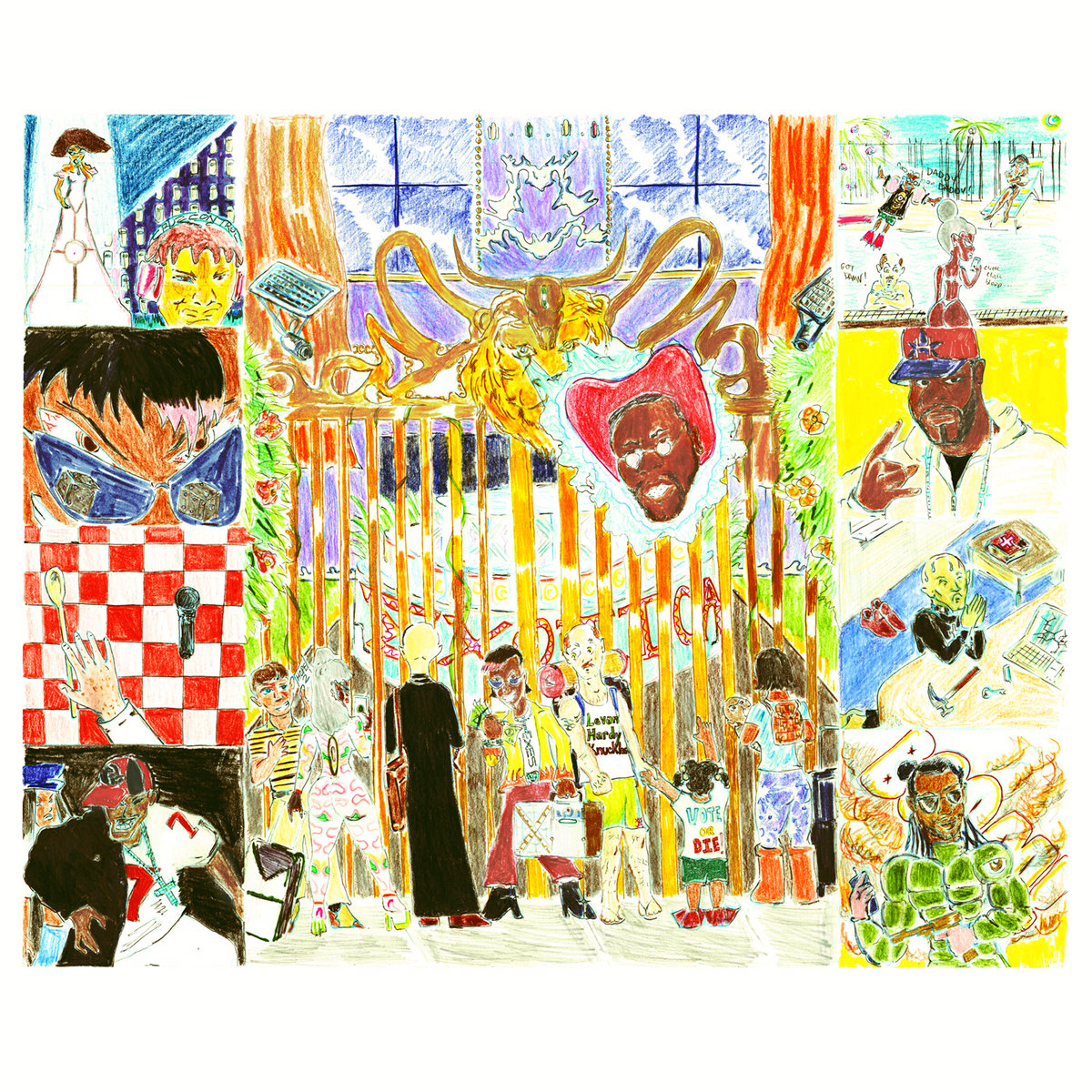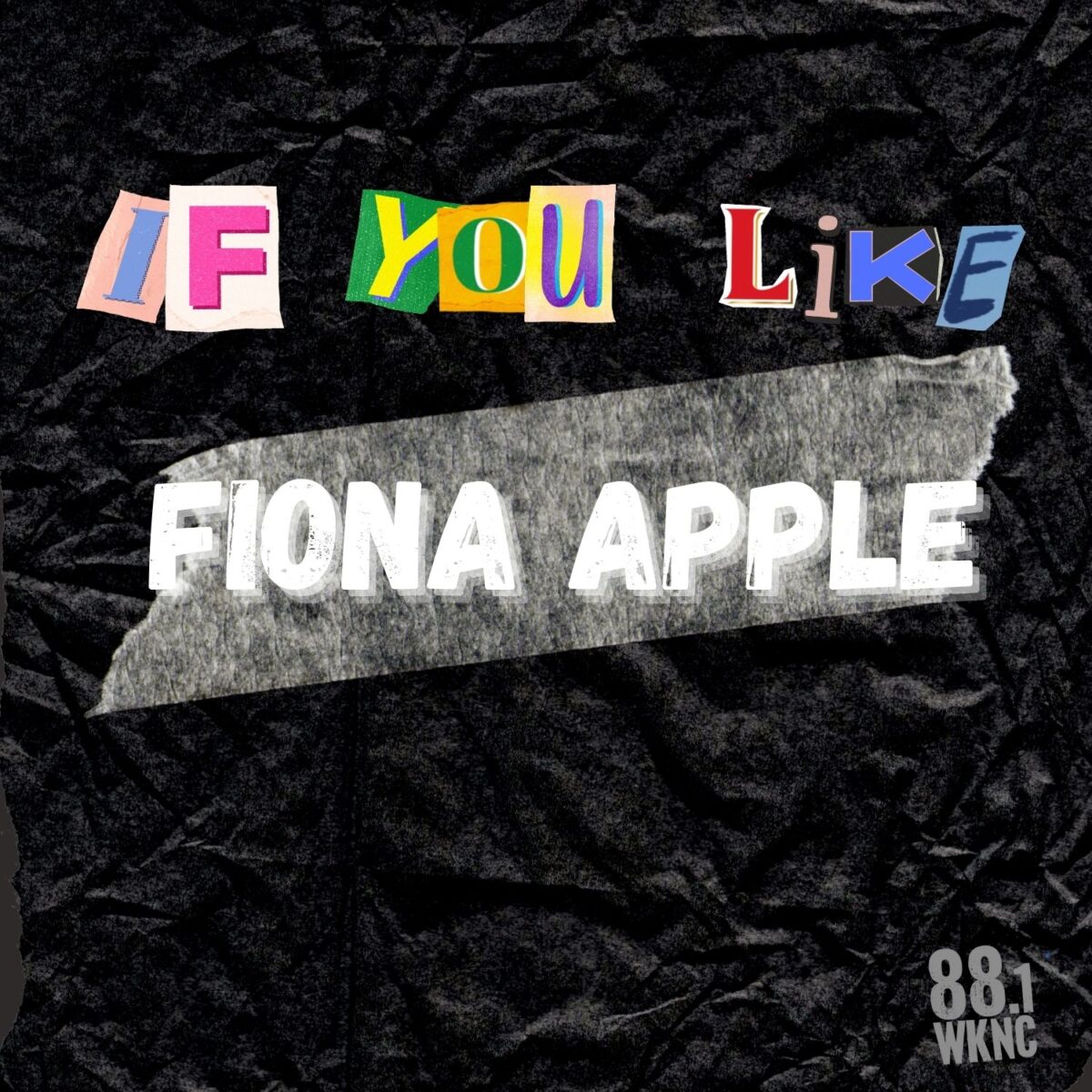With the release of “Fetch The Bolt Cutters” in 2020, there are a lot of newer Fiona Apple fans (including me) who were new to Apple’s unique amalgamation of rock and art-pop. I’ve since dove into the deep end of her discography and recently found myself wanting more. So, I decided to make a playlist of Fiona Apple-esque songs. Whether it be artists that inspired her, artists inspired by her or just songs that give me the vibe, I’ve compiled 15 songs (one of which has an Apple feature) that are adjacent in some way to her.
Without further ado, here is the playlist:
“Picture Me Better” – Weyes Blood
“Skin Crawl” – Alice Phoebe Lou
“Square (Solo Piano Version)” – Mitski
“Frou-frou Foxes in Midsummer Fires” – Cocteau Twins
“Show You a Body” – Haley Heynderickx
“Los Ageless – piano version” – St. Vincent
“Song In My Head” – Madison Cunningham
“The Future” – Spellling
“Miss World” – Hole
“Silent Machine” – Cat Power
“James and the Cold Gun” – Kate Bush
“Left Handed Kisses” – Andrew Bird
“Choice in the Matter” – Aimee Mann
“Look For Me (I’ll Be Around)” – Neko Case
“Sweet Bird” – Joni Mitchell
As always, I’ve made this list into a Spotify playlist for you to enjoy.
Until next time,
Caitlin



